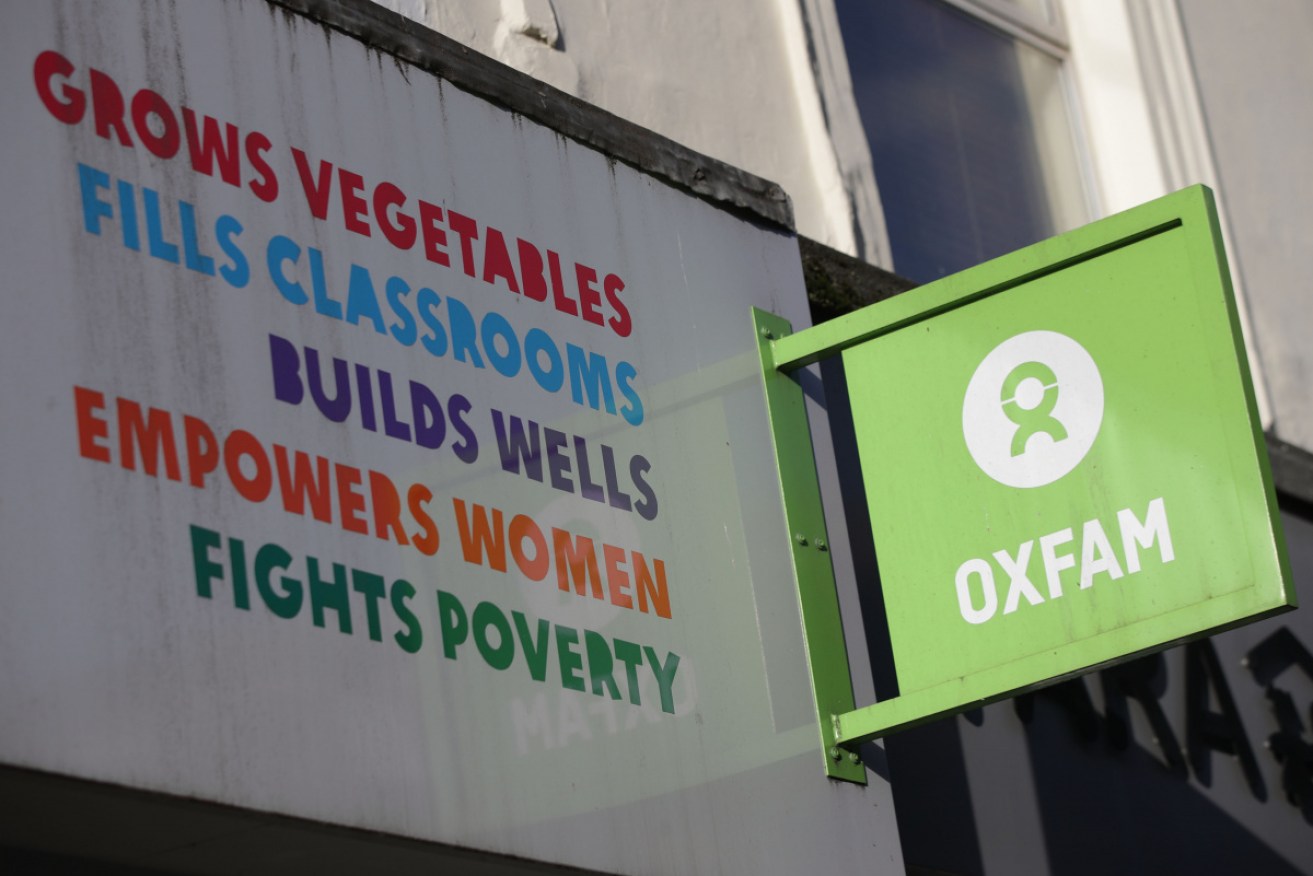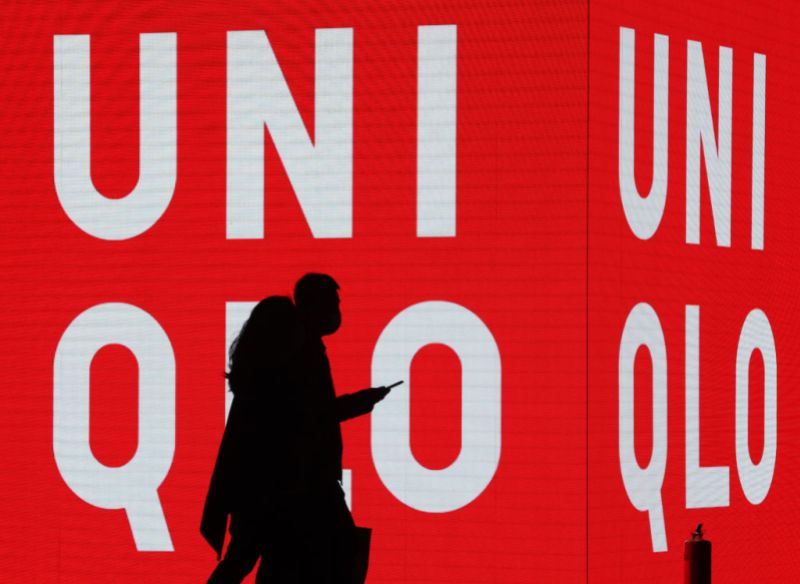Big retailers named and shamed over worker treatment before Black Friday


Oxfam says shoppers are willing to pay more if garment workers are paid a living wage. Photo: Getty
Some of Australia’s largest fashion retailers have been named and shamed for failing to be up front about the treatment of workers in their supply chains, as new data shows most shoppers want garment workers to receive a living wage.
Figures published by Oxfam on Thursday before the highly anticipated Black Friday and Cyber Monday shopping sales reveal more than 80 per cent of Australian clothes buyers want brands to be transparent about how much workers in their supply chains are paid.
The organisation has called out brands such as Uniqlo, Jeans West, Best & Less, Zara and Modibodi for failing to be transparent about their supply-chain practices, with Oxfam chief executive Lyn Morgain saying they’re booking huge profits without proving they protect workers.
“If contracts are plainly not going to produce a living wage for the women making these clothes then they need to increase that [wage] component,” she said.
“And Australians don’t need to pay more … the profits in industry are very high.”
Oxfam’s polling also shows most consumers don’t trust Australian fashion brands that make claims about the treatment of overseas workers in their supply chains, with the industry set to post $2 billion in profits this year while workers in Bangladesh campaign for wage hikes.
They want to be paid a living wage, which is defined by Oxfam as enough pay in a standard work week to cover basic essentials, including providing a family nutritious food, housing, health care, clothing, transportation, energy, water, child care and education.

Oxfam called out Uniqlo, among other brands popular in Australia. Photo: Getty
Morgain said many Australian retailers have still failed to make a living wage commitment for workers in their supply chains, meaning it’s impossible to know whether the workers making clothes are being paid properly.
She said some “captains of industry” in Australia still believe that sharing information about their supply chains is an “affront to their commercial interests”, even as consumer attitudes change.
“They think that they can afford it commercially, but these sectors of the market where you can have a devil-may-care attitude are shrinking,” she said.
The campaign for a living wage for garment workers is turning to the price negotiations between suppliers and retailers, with Oxfam saying brands should include wages as an itemised part of their negotiations as an effective way to ensure suppliers follow through with their pledges.
Morgain said the first step was to ensure wages are spelled out and ring-fenced in contract negotiations between retailers and suppliers because that makes the process transparent.
From there, it’s important brands ensure the pay rates in those contracts are a living wage.
“We need to be able to see that transparency piece and we also need them to be able to demonstrate that they’ve assured workers they won’t suffer the raw end of difficult contract negotiations,” Morgain said.
Although a range of retailers were named and shamed by Oxfam, the organisation also gave the likes of H&M and Kmart a “tick on transparency” for publishing key details about their suppliers.
Morgain said there has been improvement among Australian brands in recent years when it comes to being transparent about their supply changes and making living wage commitments.
“There are a bunch of brands working really hard,” she said.
But there’s still a long way to go, particularly with so many well-known brands still failing to publish key details that would allow organisations like Oxfam to verify conditions for workers.








